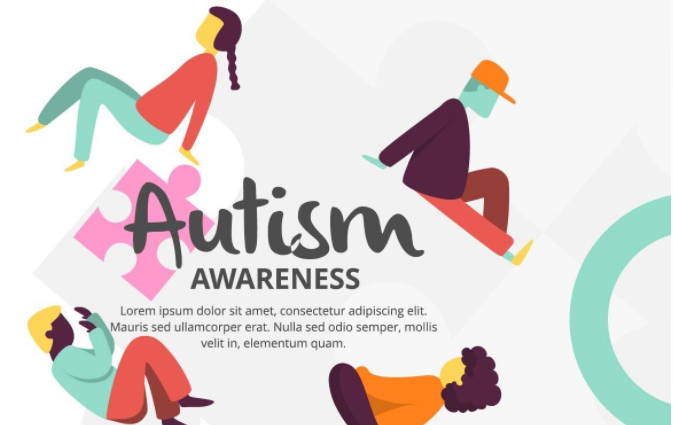|
|
Autism involves impairments in intelligence, communication, and social interaction, as well as repetitive behavior patterns (Dawson & Toth, 2006). People with autism have often been referred to as “mind blind.” They have difficulty inferring others’ thoughts and feelings. They don’t appreciate others that might view things differently than they do. Most autistic people can not “read” that face that has a sophisticated smirk or a contemptuous sneer.
Signs & Symptoms
Symptoms of Autism can include speech difficulty and clumsiness, ranging from mild to severe. In recent years, a sharp increase in diagnosed cases have not been fully explained. (See Autistic Spectrum Disorder.)
Genetics
The underlying cause is altered brain circuitry. This involves fibers that tie neuron paths to enable communication among brain regions (Blakeslee, 2005). Genetic factors suggest that because of assortative mating, people’s tendency to seek spouses who share interests, “systemizers” for example, could increase the risk of having a child with Autism. A systemizer understands things according to a set of rules or laws as in mathematics, science, chemistry, or mechanical systems.
Male Brain
It is interesting to note that most autistic children are male. A theory exists that suggests autistic children have extremely male brains.
This report is not a diagnosis. We hope this information can guide you toward improving your life.
Review our Knowledge Base or the links displayed on this page for similar and related topics.

